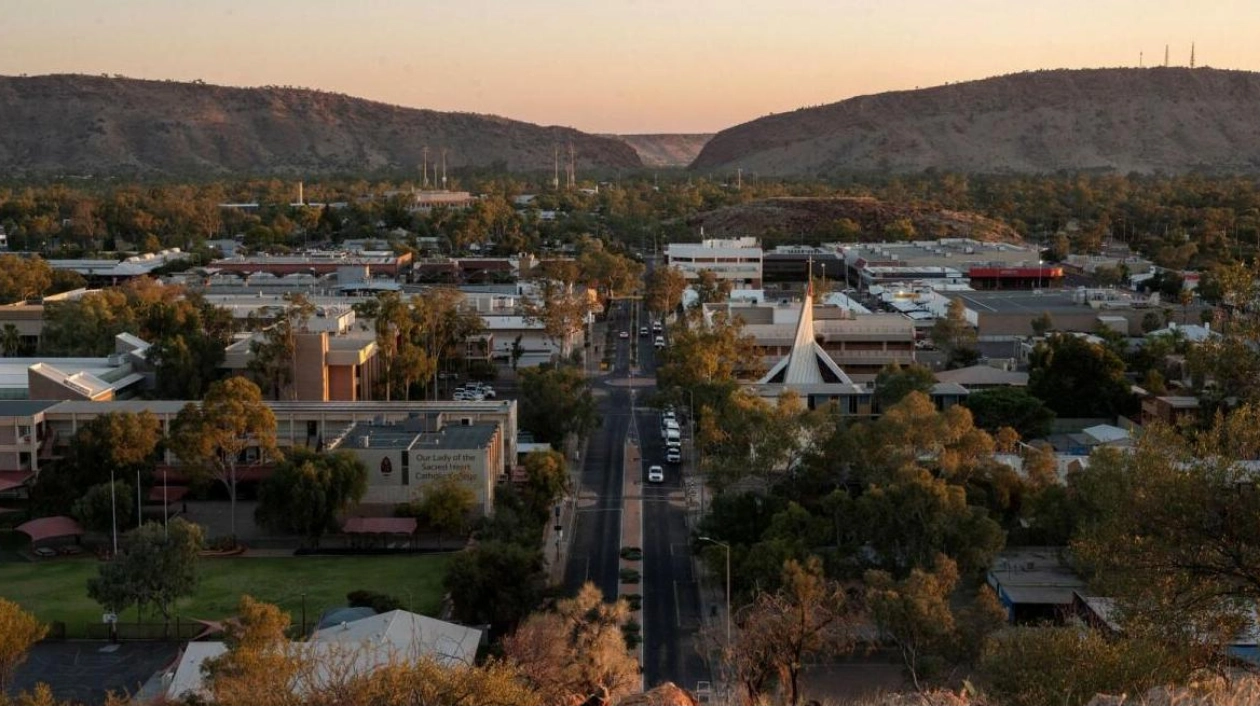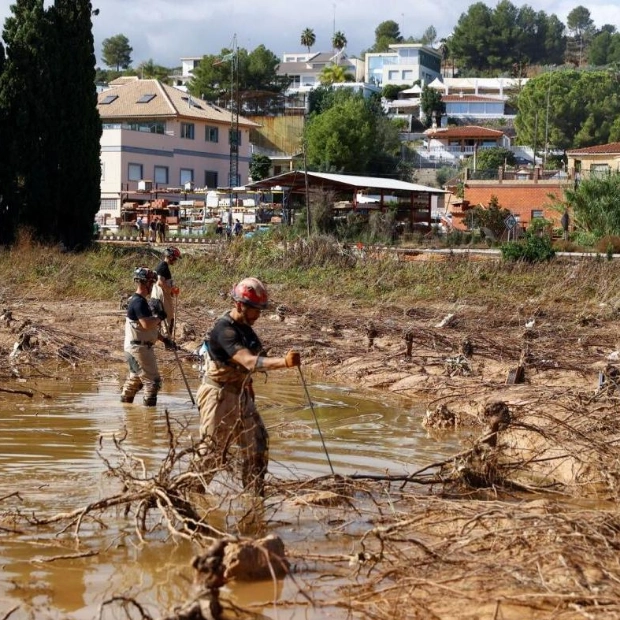On Monday, Australian police imposed a three-night curfew in the outback tourist town of Alice Springs following multiple incidents of violence, which included an alleged attack on four off-duty police officers.
Northern Territory Police Commissioner Michael Murphy stated that "significant harm and civil disturbances" had taken place over the past 72 hours in Alice Springs. Murphy informed reporters that the officers were assaulted while walking home, and it was unclear whether the attackers knew they were police. The curfew will be effective from 10pm to 6am local time.
Under new laws enacted in May, the police commissioner has the authority to enforce lockdowns for up to three days to manage violent incidents and can request an extension from the government. Murphy noted, "If I believe an extension is necessary, I will submit a written request detailing the reasons for it."
In March, a two-week youth curfew was implemented in Alice Springs after a large brawl involving 150 people. Community leaders have consistently pointed to alcohol abuse as a key contributor to violence. Territory Chief Minister Eva Lawler expressed at a news conference on Monday, "The recent offending in Alice Springs has been unacceptable. The curfew will grant police additional powers to address the situation on the ground." She emphasized, "This is precisely why our government enacted curfew legislation in May."
Alice Springs, a remote town located approximately 2,000 km northwest of Sydney in Australia's expansive outback, serves as a gateway to major tourist attractions such as the colossal red sandstone monolith of Uluru, formerly known as Ayers Rock. Approximately one-fifth of the town's population are Indigenous Australians, who have faced historical marginalization since the colonization of the continent by Great Britain in the late 18th century.






